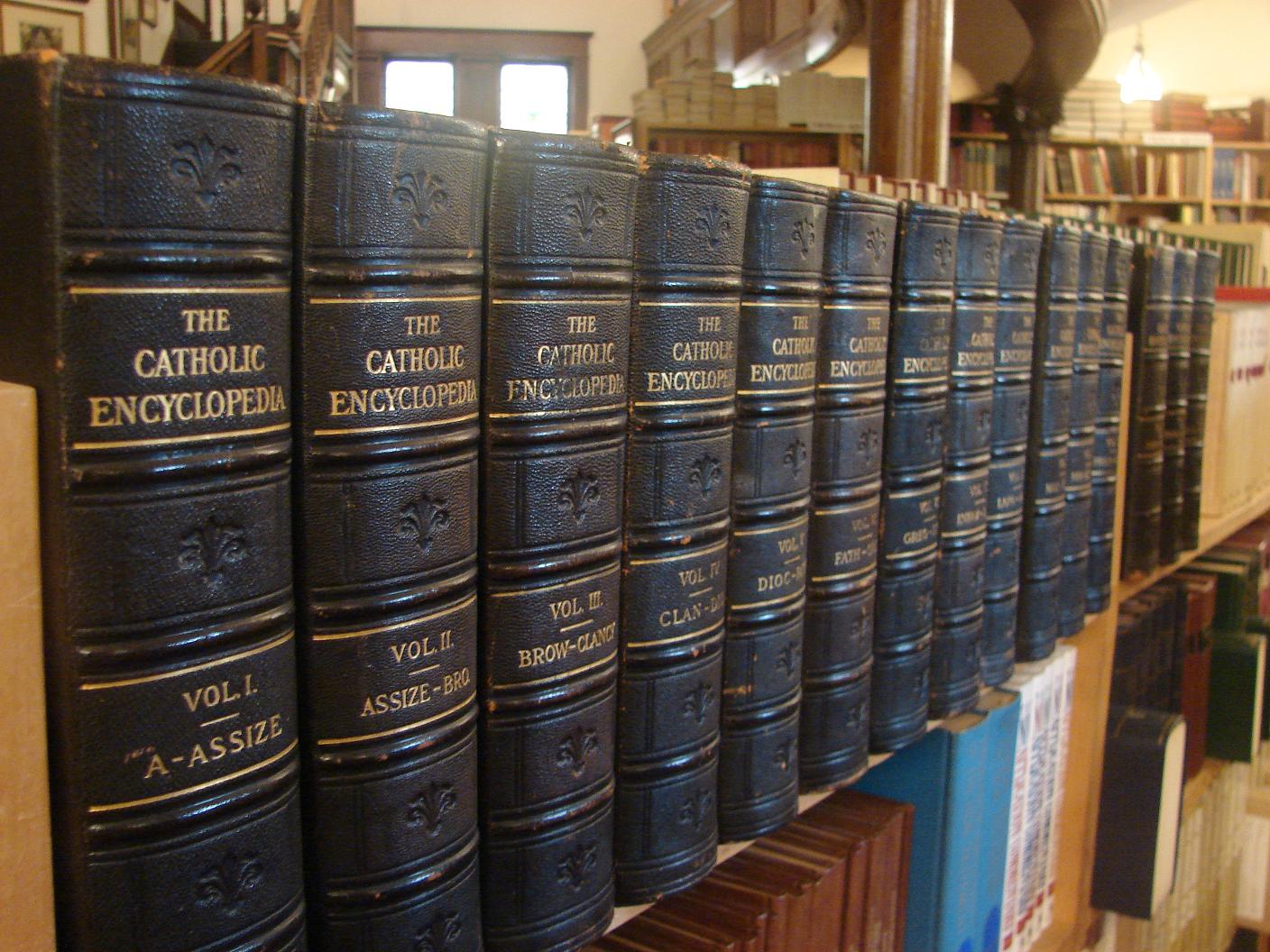source : https://www.newadvent.org/
APA citation. Ghellinck, J. (1910). St. Ivo of Chartres. In The Catholic Encyclopedia. New York: Robert Appleton Company. http://www.newadvent.org/cathen/08257a.htm
EXTRAIT
« Bien qu’il soit mort trop tôt pour assister au triomphe final de ses idées avec le Concordat de Worms (1122), on peut dire que ses efforts et ses doctrines ont ouvert la voie à un accord satisfaisant pour les deux parties »
One of the most notable bishops of France at the time of the Investiture struggles and the most important canonist before Gratian in the Occident, born of a noble family about 1040; died in 1116. From the neighbourhood of Beauvais, his native country, he went for his studies first to Paris and thence to the Abbey of Bee in Normandy, at the same time as Anselm of Canterbury, to attend the lectures given by Lanfranc. About 1080 he became, at the desire of his bishop, prior of the canons of St-Quentin at Beauvais. He was then one of the best teachers in France, and so prepared himself to infuse a new life into the celebrated schools of Chartres, of which city he was appointed bishop in 1090, his predecessor, Geoffroy, having been deposed for simony. His episcopal government, at first opposed by the tenants of Geoffroy, ranged over a period of twenty-five years. No man, perhaps, is better portrayed in his writing than is Ivo in his letters and sermons; in both he appears as a man always faithful to his duties, high-minded, full of zeal and piety, sound in his judgments, a keen jurist, straight-forward, mindful of others’ rights, devoted to the papacy and to his country, at the same time openly disapproving of what he considered wrong. This explains why he has been sometimes quoted as a patron of Gallican Liberties and looked upon by Flaccus Illyricus as one of the « witnesses to the truth » in his « Catalogus ». Very often Ivo was consulted on theological, liturgical, political, and especially canonical matters. Of his life little more is known than may be gathered from his letters. As bishop he strongly opposed Philip the First, who wished to desert Bertha, his legitimate wife, and marry Bertrade of Anjou (1092); his opposition gained him a prison cell. In the Investiture struggle then raging in France, and especially in Germany, Ivo represented the moderate party. Though he died too early to witness the final triumph of his ideas with the Concordat of Worms (1122), his endeavours and his doctrines may be said to have paved the way for an agreement satisfactory to both sides. His views on the subject are fully expressed in several of his letters, especially those of the years 1099, 1106, and 1111 (Epistolae, lx, clxxxix, ccxxxii, ccxxxvi, ccxxxvii, etc.); these letters are still of interest as to the question of the relationship between Church and State, the efficacy of sacraments administered by heretics, the sin of simony, etc.
« L’influence des œuvres d’Ivo est perceptible dans les écrits de presque tous les théologiens et canonistes de son époque et pendant quelque temps encore après »
Works
The printed works of Ivo of Chartres may be arranged into three categories; canonical writings, letters, and sermons.
Canonical writings […]
lire le texte dans son environnement d’origine :https://www.newadvent.org/cathen/08257a.htm

